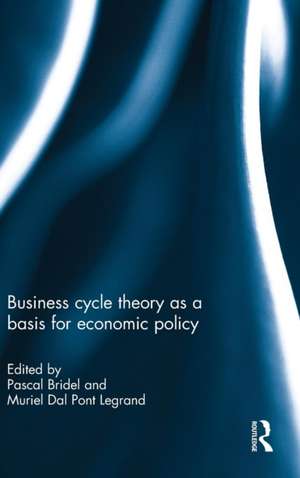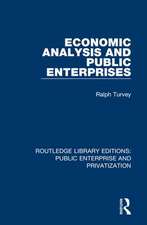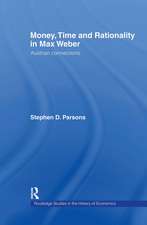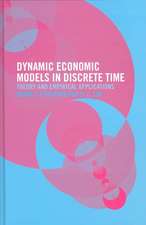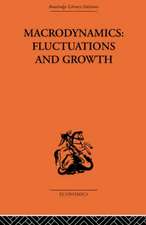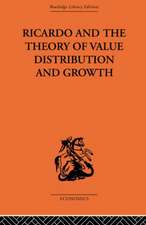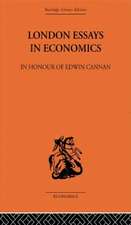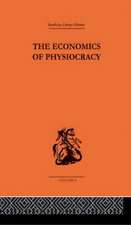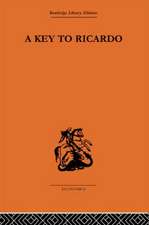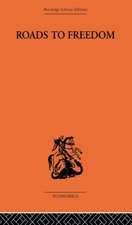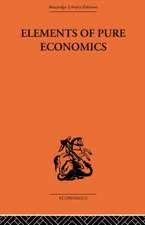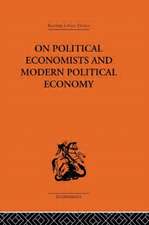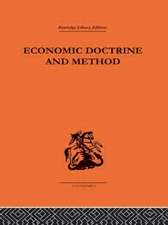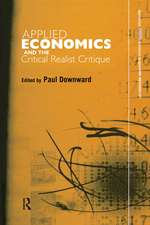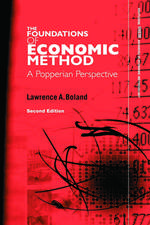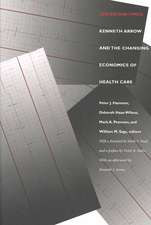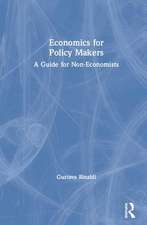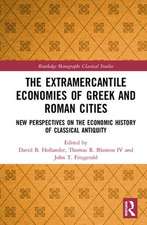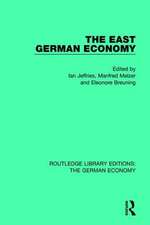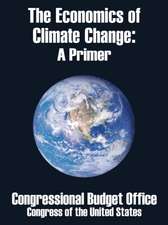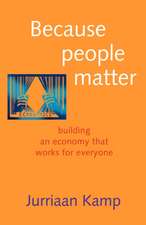Business cycle theory as a basis for economic policy
Editat de Pascal Bridel, Muriel Dalponten Limba Engleză Hardback – 21 sep 2015
Since the 1970s, economic theorists excluding any economic policy interventions and favouring strictly supply-side economic policies have gained a growing influence. The development of Equilibrium Business Cycles theories coincides with the collapse, at least in academic circles, of the Keynesian consensus favouring stabilization policies. The alternative approach which emerged was based on an a priori hypothesis about the stability of the economy – or at least on its remarkable ability to stabilize itself. The direct consequence of this approach is that any stabilization objective for economic policy is not only misguided but also inefficient. There are many reasons why Keynesian policies ceased to be dominant in theoretical circles, but the most helpful circumstances for the rapid propagation of a new revolutionary theory is certainly the existence of an established orthodoxy, clearly inconsistent with the most salient facts of reality.
This book offers a sample of different theoretical approaches to business cycles, examining their respective views on economic policy with the objective of understanding business cycles that have been lost, and identifying those views which explain fluctuations and the way we conceive economic policy. This book was originally published as a special issue of The European Journal of the History of Economic Thought.
| Toate formatele și edițiile | Preț | Express |
|---|---|---|
| Paperback (1) | 449.41 lei 6-8 săpt. | |
| Taylor & Francis – 16 iun 2017 | 449.41 lei 6-8 săpt. | |
| Hardback (1) | 1164.29 lei 6-8 săpt. | |
| Taylor & Francis – 21 sep 2015 | 1164.29 lei 6-8 săpt. |
Preț: 1164.29 lei
Preț vechi: 1419.87 lei
-18% Nou
Puncte Express: 1746
Preț estimativ în valută:
222.78€ • 232.62$ • 183.97£
222.78€ • 232.62$ • 183.97£
Carte tipărită la comandă
Livrare economică 15-29 aprilie
Preluare comenzi: 021 569.72.76
Specificații
ISBN-13: 9781138938816
ISBN-10: 1138938815
Pagini: 208
Dimensiuni: 156 x 234 x 13 mm
Greutate: 0.47 kg
Ediția:1
Editura: Taylor & Francis
Colecția Routledge
Locul publicării:Oxford, United Kingdom
ISBN-10: 1138938815
Pagini: 208
Dimensiuni: 156 x 234 x 13 mm
Greutate: 0.47 kg
Ediția:1
Editura: Taylor & Francis
Colecția Routledge
Locul publicării:Oxford, United Kingdom
Public țintă
Postgraduate and UndergraduateCuprins
Introduction: Business cycle theory as a basis for economic policy 1. Economics of the crisis and the crisis of economics 2. On the importance of institutions and forms of organisation in Piero Sraffa’s economics: the case of business cycles, money, and economic policy 3. Mr Keynes, the Classics and the new Keynesians: A suggested formalisation 4. Three macroeconomic syntheses of vintage 1937: Hicks, Haberler, and Lundberg 5. Lange’s 1938 model: dynamics and the "optimum propensity to consume" 6. Toward a non-linear theory of economic fluctuations: Allais’s contribution to endogenous business cycle theory in the 1950s 7. The "Treasury View": An (un-)expected return?
Descriere
This book offers a sample of different theoretical approaches to business cycles, examining their respective views on economic policy with the objective of understanding business cycles that have been lost, and identifying those views which explain fluctuations and the way we conceive economic policy. This book was originally published as a special issue of The European Journal of the History of Economic Thought.
